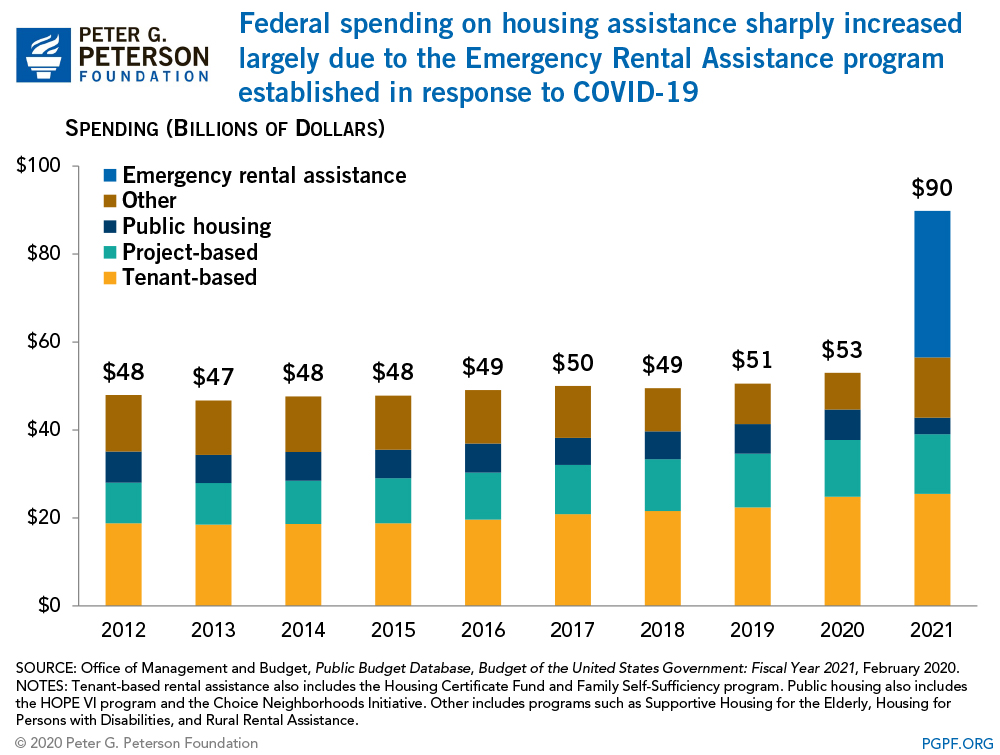The Role of Government Programs in Affordable Housing
Housing is not just a commodity; it’s a cornerstone of human well-being, serving as the foundation not only for physical shelter but also for stability and opportunity. Yet, for many people across the world, especially in bustling cities, affording a decent place to live is an uphill battle. This is where the hand of government programs becomes not just helpful, but often essential in ensuring people from all walks of life can access affordable housing.
Breaking Down Affordable Housing
Before diving into the thick of things, it’s crucial to understand what we mean by ‘affordable housing.’ Essentially, it refers to homes that are reasonably priced for those with low to moderate incomes. But it’s not just about cheap rent or mortgage payments. Affordable housing should also be decent and safe, located in accessible areas close to work, schools, and other vital services. It’s about giving everyone a fair shot at a quality life.
The Scaffolding of Support: Government Housing Programs
Governments worldwide implement a variety of programs to make affordable housing a reality. These range from offering financial assistance to families so they can pay the rent, to incentivizing developers to build cost-effective homes.
Social Housing: A Safety Net for the Most Vulnerable
A pivotal element in the affordable housing puzzle is social housing. Funded and sometimes operated by governments, these are rental units offered at low costs for those who need them most, like low-income families, the elderly, or people with disabilities. The government steps in to fill the gap because the regular market often fails to provide adequate options for these groups at prices they can manage.
Financial Assistance: From Rent Subsidies to Affordable Loans
Many people find that despite having a job, they’re still priced out of decent housing. To tackle this, governments offer financial aid such as housing vouchers, which cover a part of the rent, making it more manageable for low-income earners. Furthermore, there are government-backed loans and grants available, helping first-time homebuyers or those with lower incomes get onto the property ladder without crushing financial pressure.
Incentives for Development: A Win-Win for Builders and Buyers
Building affordable housing is an investment, and sometimes developers need a little nudge. Governments can offer tax credits, subsidies, or reduced regulations to entice builders to create affordable units. This fosters a diverse housing market where homes are available at different price points to cater to a wider audience, not just the upper end of the market.
Success Stories and Challenges
While government programs can and do make a difference, results vary globally, with some nations crafting more effective policies than others. Places with strong public housing programs can provide stability and a safety net, significantly reducing homelessness and housing stress. However, it’s not always a smooth journey – there are challenges like bureaucratic red tape, limited funding, and sometimes pushback from communities who worry about the impact on property values or neighborhood dynamics.
Finding the Balance
The balancing act for governments lies in creating inclusive, comprehensive housing strategies that support those in need without stifling the market. It’s no small task, and it requires ongoing evaluation and adjustment. While some programs have had stellar outcomes, others reveal growing pains as populations increase and economic climates shift. The trick is to be flexible yet focused, innovating and adapting as circumstances evolve.
What’s on the Horizon?
Looking to the future, affordable housing remains a significant concern. Governments must persist in their efforts, recognizing that each program can profoundly impact the health, education, and economic prospects of their citizens. By investing in housing, they are investing in the future, creating ripples that will benefit society for generations to come.
Conclusion: The Building Blocks of a Better Tomorrow
When governments step up with well-thought-out housing programs, the benefits are far-reaching. Lives are changed for the better. Families find stability, children grow up in secure environments, and the threads of community are strengthened.
Affordable housing should be a key priority on the political agenda. It takes strategic planning, a commitment to social justice, and often, bold and innovative action. With these in place, government programs can continue to play a vital role in ensuring that everyone has a place to call home, a sanctuary where life’s stories can unfold. So, while the journey to affordable housing for all is indeed complex, it’s one that governments must brave – the well-being of the people and the health of the nation depend on it.

